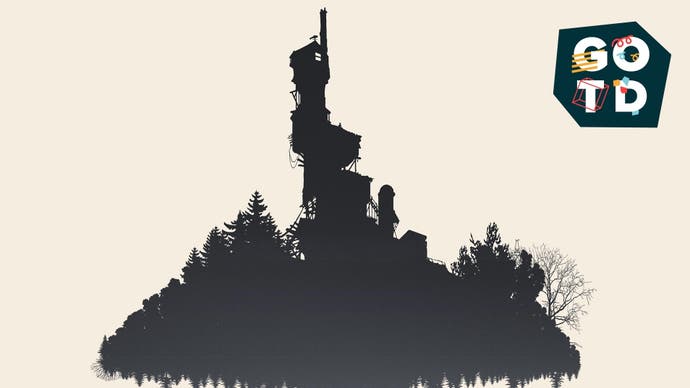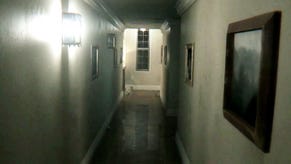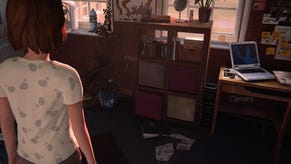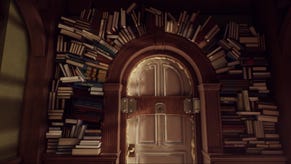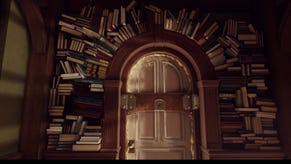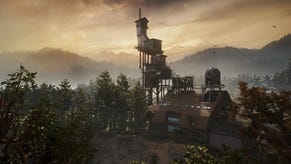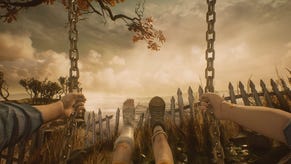Games of the Decade: What Remains Of Edith Finch is about ending well
The house always wins.
Video games are famously awash with death yet disinclined to think it through, to explore what death means beyond failure and a restart or victory and the spoils. What Remains of Edith Finch is among the most powerful exceptions to the rule. Equal parts speculative fiction anthology and dynastic tragedy, it is the tale of a family destined to die prematurely, as retold by the last surviving member. In what could almost be a parody of Gone Home, it gives you the run of a vast house apparently constructed by Dr Seuss, each room containing an object that plunges you into the final moments of its owner.
It's not death that overtakes the Finches, mind you, but their fantasies about death. They are carried off as much by their attempts to imagine the approaching end as by illness and mischance. Sometimes these attempts feel like defeats - I think of Lewis the cannery worker, his chopping block a slowly flourishing continent, hands feeding fish to the blade as he follows his own, daydreaming effigy into the hereafter. And sometimes they feel like a kind of triumph, like a transforming and gladdening of the grey details put across by newspaper clippings and doctor's letters.
Molly, whose demise is the first you'll experience, mischievously pictures herself as the monster under her own bed, hungering for herself. Milton, the artist in the turret, paints himself out of the world with a bow (a sequence that charmingly, and poignantly, references Giant Sparrow's previous game The Unfinished Swan). The saddest parts of the game aren't, for me, the deaths, but the mounting desperation of those left behind, and in particular Dawn, Edith's mother, who locks the house's doors in a bid to quarantine the family curse. In reopening those rooms, you are allowing that pent-up devastation to escape into the sunset, putting it behind you even as darkness falls.
A familiar closing sentiment, perhaps, but beautifully furthered by game design that can't quite settle on what it wants to be. What Remains of Edith Finch is a lively and extraordinarily accomplished compilation of shortform games. Each chamber of the house, each loss, involves its own way of playing, from the turning of comicbook pages to the guiding of a kite. If this is a fatalistic piece, there is something utterly hopeful about its capacity to surprise. I'm reminded of one of the best lines in Tennyson's Ulysses: "every hour is saved / from that eternal silence, something more, / a bringer of new things."
I've read complaints, even so, that What Remains of Edith Finch is too dismissive of you, that it doesn't offer enough to do or control. This strikes me as like complaining that you can't bake a cake during a funeral service: it speaks to how mundane our concepts of choice in video games can be, even as we scorn the rigidity of older media. There are plenty of choices to be made when reading a book or beholding a painting - the interpreting of themes and subtext, the weighing of this sentence or brushstroke over that - and those choices are, to my mind, far more intriguing than tacky producerisms about stealth-vs-combat or "tailoring your playstyle". What Remains of Edith Finch is full of such choices. It asks you to make them every time you gaze around a room. But above all, it asks you to live with the fact that the power to choose will one day be taken away from you, leaving those you love to retell your story as best they can.
